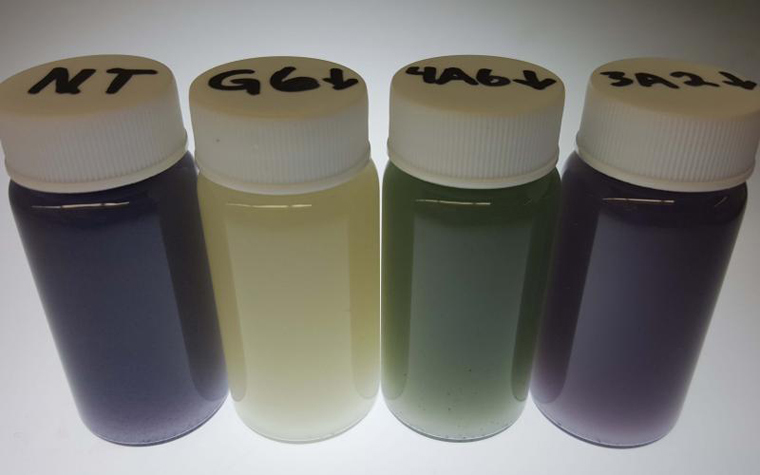Researchers at Rensselaer Polytechnic Institute have developed tools to control signaling pathways that affect the manufacturing of compounds.
RPI’s set of tools was developed through studying aspects of CRISPR/dCas9 gene editing methods.
“CRISPR is one of the most powerful gene-editing techniques available, but until now, we’ve only seen it used in health care," lead researcher Mattheos Koffas said. "This is the first real metabolic engineering application to make high-value products using this gene editing approach. If you look 10 years into the future, people might be controlling thousands of genes in an organism, producing quite valuable products.”
This gene-editing method is derived from bacteria’s capabilities in defending against viruses. By allowing the management of signaling pathways, scientists would theoretically be able to determine the outcome of a specific cell. While this technique is popular in the medical field, it could also serve metabolic engineering. The team notes that this would require additional research and development before it could be used in a commercial sense.
“With CRISPR/dCas9, what we can do is make critical compounds – those required to build up the big high-value compounds – more prevalent by shutting off competing pathways,” study author Brady Cress said.
This article is available through Nucleic Acids Research.


 Alerts Sign-up
Alerts Sign-up